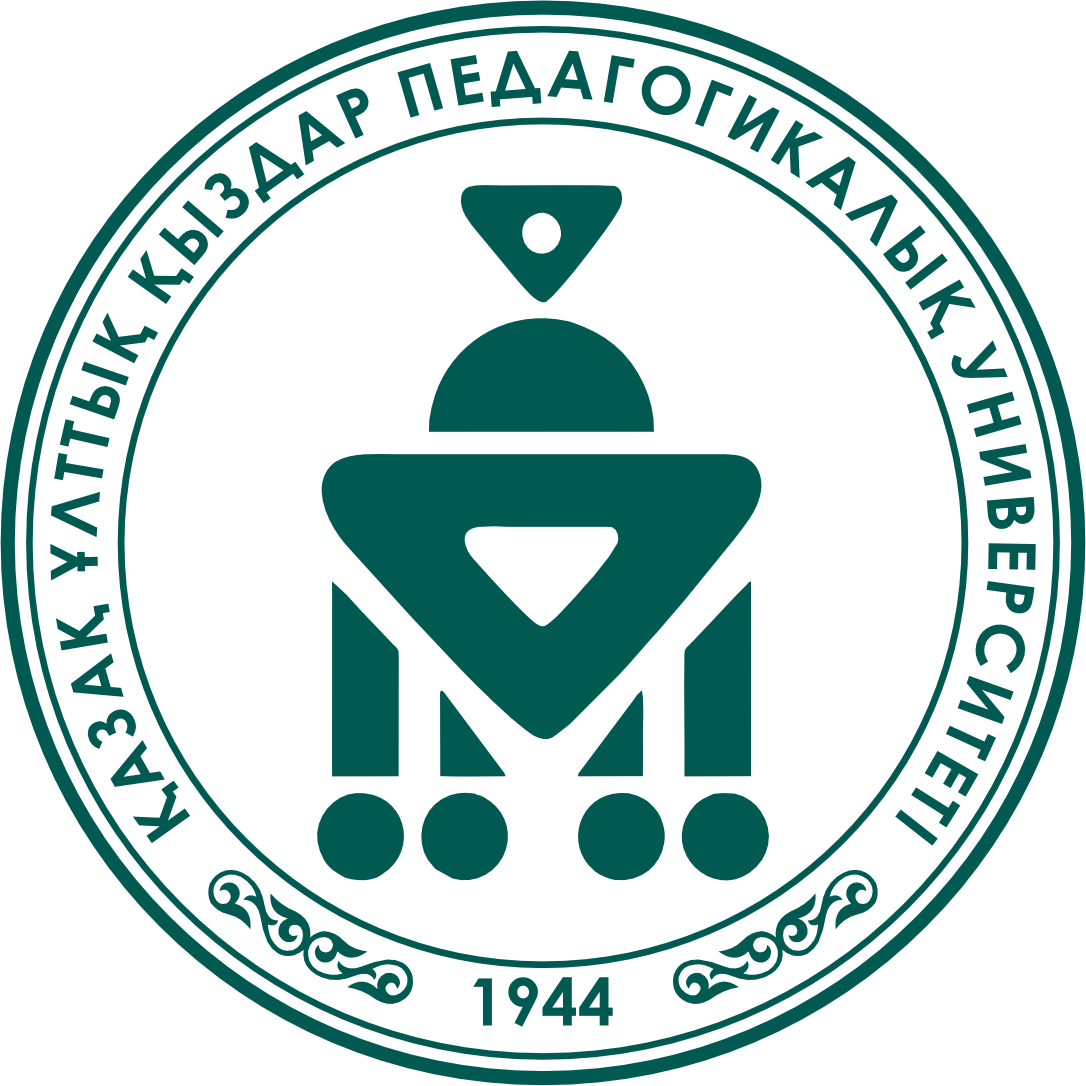6B01801 – Social Pedagogy
-
Education
-
-

Дисциплины ЕНТ
-

Академическая мобильность
-

ECTS
-

Пороговый балл
-

Minor
-
General information
1.1. Curriculum title
Social Pedagogy
1.2. Curriculum developing team:
Leader university
Member universities
Altynsarin Arkalyk Pedagogical Institute
K.Zhubanov Aktobe Regional University
Kh.Dosmukhamedov Atyrau University
Shakarim University of Semey
Amanzholov East Kazakhstan University
I. Zhansugurova Zhetusu University
Kazakh National Women's Pedagogical University
Sh. Ualikhanov Kokshetau University
Korkyt-Ata Kyzylorda State University/
M.Kozybayev North Kazakhstan University
1.3. Type of curriculum
(in accordance with the National Qualifications Framework
BACHELOR'S DEGREE
Level 6
1.4. Total academic credits
240 academic credits
1.5. Study mode
full-time
1.6. Expected program duration
4 years
1.7. Short curriculum description Curriculum goals and objectives
This Educational Programme (EP) "Social Pedagogy" is a national teacher education curriculum, which has been designed in collaboration by various Kazakh universities and with international consulting. Due to the nature of a national curriculum, the descriptive texts within the curriculum do not provide specific information but highlight general pedagogical principles and cross-cutting themes (see also Annex 1.). The more detailed descriptions of e.g. methodologies and assessment will be identified in the implementation plans of the universities, considering also institutional and regional specific conditions.
Educational programme (EP) "Social Pedagogy" is a teacher education programme for pre-service teachers who wish to specialize as a social pedagogue in educational establishments (schools, colleges, high schools). EP consists of a pedagogical component 60 academic credits (incl. pedagogical practice), a compulsory component 56 academic credits, and a subject component 124 academic credits (incl. a final attestation of 8 academic credits).
Subject component consists of 5 modules: "Basics of socio-pedagogy", " Socio-pedagogical assessment and monitoring", "Intervention and consulting", "Prevention and information", "Research".
EP "Social Pedagogy" is innovative within the framework of the international project "Strengthening of initial teacher education". The EP focuses on the Sustainable Development Goals, and the formation of 21st century skills. The main change in the new curriculum is the transition towards professional social work in education organization considering the social educational environment. The EP focuses on the organization of interaction between social institutions aiding students and their families, and attention is on the processes of socialization and upbringing, such as social work at school, social tasks of supporting additional education and improving parental competence, and tutoring. When developing the EP, emphasis was on the competence of solving specific applied tasks of a social pedagogue in an educational institution.
EP provides an equal opportunity for learning without compromising pre-service teachers' rights and interests, preserving the principles of equality, respect, tolerance. It is interdisciplinary, student-oriented, scientifically integrated and problem-oriented by nature, and the selection of courses is guided by the topical issues of history and society and corresponds also to the international course descriptors.
EP is based on the principles of constructive alignment, where teaching and assessment methods, as well as subject-specific courses are selected to ensure the achievement and measurement of the competences outlined in the EP. The EP also follows an inclusive approach considering the multi-ethnic and multi-confessional composition of per-service teachers and their versatile needs for support of learning.
1.8 Main principles of the curriculum
Competence-based teacher education
A teacher’s expertise combines competence in pedagogy and their own subject-specific field with theoretical and practical teaching competence in different kinds of operating environments. A teacher has mastery of the knowledge and skill requirements of their subject-specific field and thus is able to teach and supervise young people and adults studying for the same subject.
The competence of a teacher is focused on planning, guidance, teaching and assessment. For this reason, teacher must have sufficient theoretical knowledge of learning and competence development. In addition, modern working life emphasises cooperation and networking, development skills, and the support and maintenance of the well-being of oneself and one’s community.
A teacher’s competence is influenced by changes in the labour market, the structures of education and society as a whole, and all these elements are emphasised in the dynamic nature of a teacher's work. Work characterized by continual change in the variety of working environments places an emphasis on the teacher’s ability to assess and adjust their own activities. Self-assessment skills are an essential part of developing one’s professional identity. A teacher is making value decisions all the time, which means that the consideration of questions of professional ethics is one of the professional skills needed. Change requires the development of expertise, the ability to learn, as well as the ability to reform and renew the way things are done as part of a community.
Competence-based teacher education curriculum
The competence-based teacher education curriculum is formed of three entities: 1) Pedagogical studies, 2) Subject-specific studies 3) Compulsory studies. Each of the entities includes modules and related courses. The courses’ learning outcomes describe the competences required in teaching work and are placed in the NQF system’s (National Qualifications Framework) reference level six.
The curriculum is guided by the following main principles:
- Competence-based learning
- Constructive alignment
- Student-centred learning and active learning methodologies
- Research-based teaching
- Interdisciplinary learning
- Inclusion
- Teacher professional development and change management
(see Appendix for more details)
-






